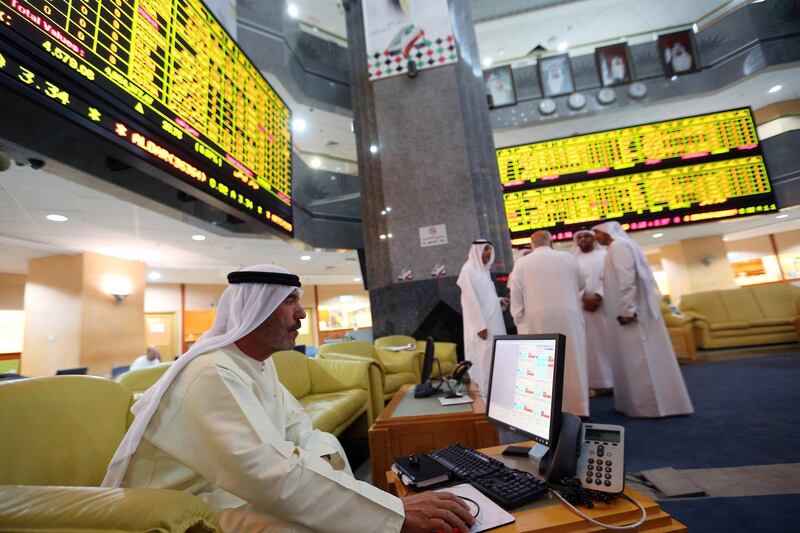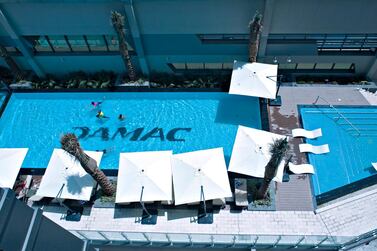Dubai and Abu Dhabi listed equities offer the most attractive proposition, making the UAE the “preferred investable market” in the GCC for those seeking value, according to investment bank EFG-Hermes.
The UAE is the only major market in the Arabian Gulf trading at a discount to emerging markets on price-to-earnings multiple – a measure to value a company based on its current share price relative to its per-share earnings, EFG Hermes said in a research note to investors. Dubai is trading at a 41 per cent discount and the bourse, along with Abu Dhabi's market, offers the highest yields on traded equities in the GCC, it noted.
“The combination of low [valuation] multiples and high yield [on equities] should offer [investors] downside protection in the UAE," said Mohamad Al Hajj, equities strategist at EFG Hermes.
The Cairo-based investment bank is turning overweight – a term used to underline attractiveness of a stock or an index – on the UAE for the first time since December 2016.
Main indexes of Dubai Financial Market and the Abu Dhabi Securities Exchange have underperformed Mena by 50 per cent and 9 per cent, respectively, since EFG Hermes last turned overweight on the UAE, it noted.
The DFM General Index, the main gauge of the emirate’s equities, has risen 7.4 per cent since the beginning of the year, while Abu Dhabi’s measure has climbed 2.6 per cent for the period.
There is still room to raise foreign ownership limits of some stocks in the UAE and if raised fully, it can potentially bring in $3 billion (Dh11bn) in inflows from the investors tracking the MSCI Emerging Market index, according to the EFG Hermes report.
Investors can get exposure to the real estate market through firms including Emaar and Aldar, two of the biggest-listed developers in the country, while Dubai Islamic Bank and Abu Dhabi Islamic Bank offer investment opportunities in Sharia-compliant lenders, the report said.
“We already have DIB - we would favour ENBD [Emirates NBD] if it wasn’t closed to foreigners - and DP World in our Mena Top-20 list and we add the rest,” Mr Al Hajj said.
The investment bank said it sees First Abu Dhabi Bank as a “low risk/high reward play”, as there is the potential for FAB’s float to rise to 40 per cent from 25 per cent, which would drive about $535m of investment inflows in the stock on 28 August.








